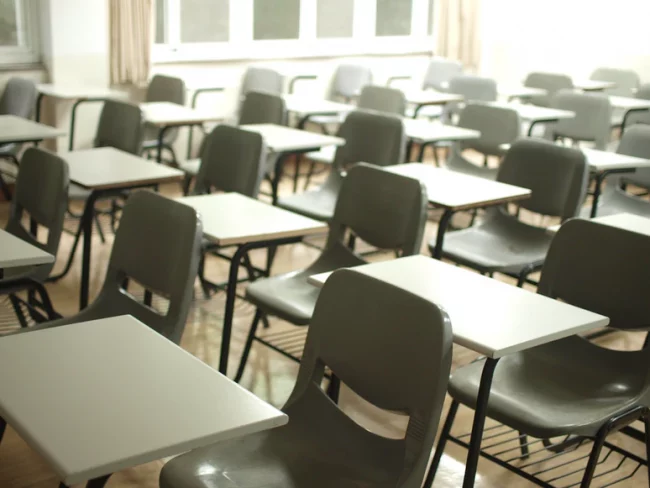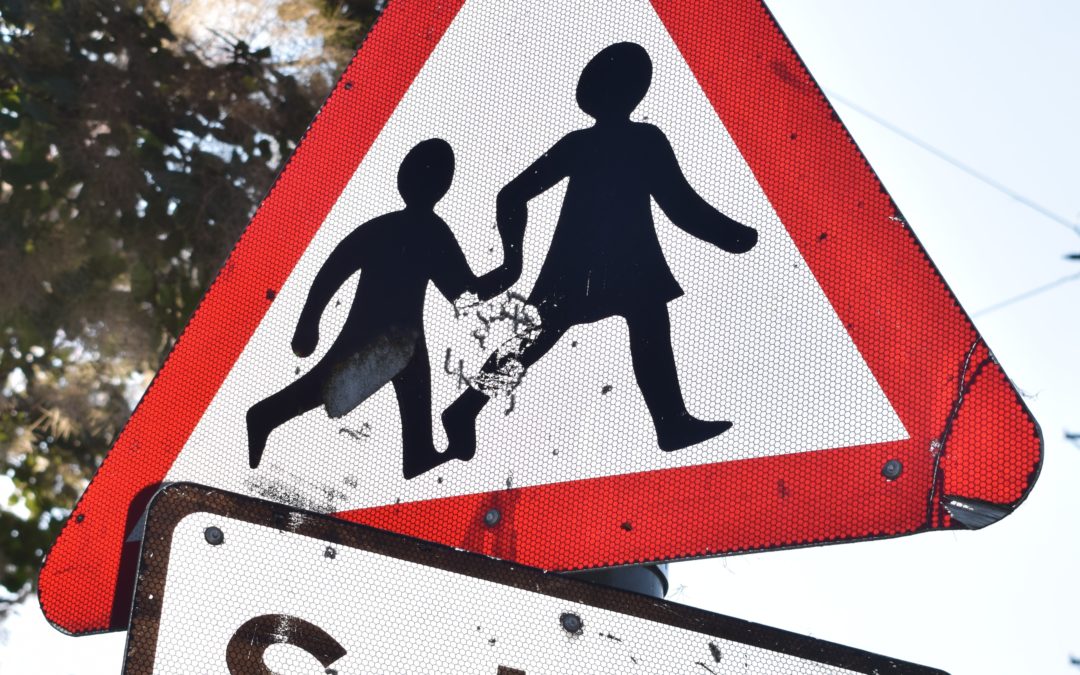
For thousands of children across the country the cosy, cuddly atmosphere of primary school is over and starting secondary school is just around the corner.
‘The transition to secondary school can be an exciting time for children and marks a new phase in their lives,’ says Debbie Pattinson, Digital Counselling Manager at Spurgeons. ‘As with any change this transition can bring uncertainty. Whilst most children manage this transition really well, for others it can bring out feelings of anxiety, stress and nervousness’.
The role of parental support
As the people best-placed to support children, parents have an important role to play. Parents are most likely to be the ones who listen to a child’s fears and anxieties. You can also use the summer holidays as time to undertake activities that can help ready them.
Suggested strategies to support and prepare kids
Talk and listen
As a care giver you can assist your child through this transition period by encouraging them to talk about their feelings around their new school. ‘Discuss with your child what aspects they may be looking forward to and ask them if there is anything that they may be worried about,’ suggests Debbie.
Get to know the uniform
Purchase the uniform early and encourage them to try it on during the holidays. For some, regularly trying the uniform on can help them become more used to it.
The journey
Practise the school journey together, especially if they’re getting the bus or train. Familiarity with the route can help them feel more at ease.
Knowledge is key
‘It can be helpful to assist your child to explore their new school. Have a look at the school’s website and encourage them to participate in any induction days,’ says Debbie.
A sense of independence
‘Empower your child by supporting them to take steps towards their independence by encouraging them to take on small responsibilities at home, suggests Debbie. ‘This will help to build their confidence. Praise them loads and notice all the things that they are doing well.’
Support
Ultimately, the greatest source of strength for any child going through change is knowing that they can fall back on a parent’s love and support. ‘By providing your child with stability and security it will give them the confidence to explore and test their new school and seek out new experiences,’ adds Debbie.
Speak up
If you’re unsure about how the school will handle aspects of the transition, or how your child will cope, don’t be afraid to contact the school, and say what you’re concerned about. It’s likely that they can help with any concerns and can put your mind at rest.
Clubs
Encourage your child to join clubs at their new school. Secondary schools usually offer a wide variety of clubs and activities, which not only help kids find new interests, but also introduce them to new, like-minded friends. It’s also a positive way to spend their free time at school, gain new skills and build confidence.
Take it step by step
Children can easily become overwhelmed by the size of their new school and getting along with so many new people. In this instance, encourage them to take the settling-in process day by day. Finding our feet with any new environment can be daunting.
If your child is feeling stressed, try helping them create a self-soothe box.
What do secondary schools do to help children transition?
Many secondary schools request knowledge of the children from their primary school teachers.
On top of getting to know their new students, some of the ways that secondary schools aid transition include:
- primary school visits
- induction days
- new entrants evenings, where pupils meet their tutor group, and head of year.
Schools may also offer a ‘buddy program’, in which new students are matched up with an older pupil. This can help as it can comfort new children to know someone in the older years, as well as gaining a feeling of belonging and familiarity of the wider school.
In cases of major worry or fear, you may wish to ask your child’s school about whether particularly anxious children can be placed with another child they know and are comfortable with. It’s possible, however, that the school may take the view that encouraging kids to make new friends from the start helps widen their friendship group and overcome anxiety.
Want to chat to other dads? Come and join our friendly forum.









